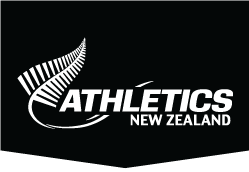Rod Dixon
A charismatic and larger-than-life personality, Rod Dixon enjoyed a stellar 17-year international career in which his versatility reaped huge rewards on the track, cross country and on the road.
A surprise winner of an Olympic 1500m bronze medal at the 1972 Munich Games, Rod went on to win a brace of individual medals at the World Cross Country Championships before memorably claiming an emotional victory at the 1983 New York City Marathon.
Born and raised in Nelson, together with his younger sister Bernice and older brother John, Rod found school life, and sitting in the classroom tough.
“I struggled at school, I didn’t pay attention, I was a fidget, disturbed others and was quite happy to look out of the window,” he explains of his formative years.
However participation in various sports, and more particularly running, was to prove his saviour. “Born again” and his life “ignited” after joining a local athletics club (Nelson Methodist Harriers) at ...
